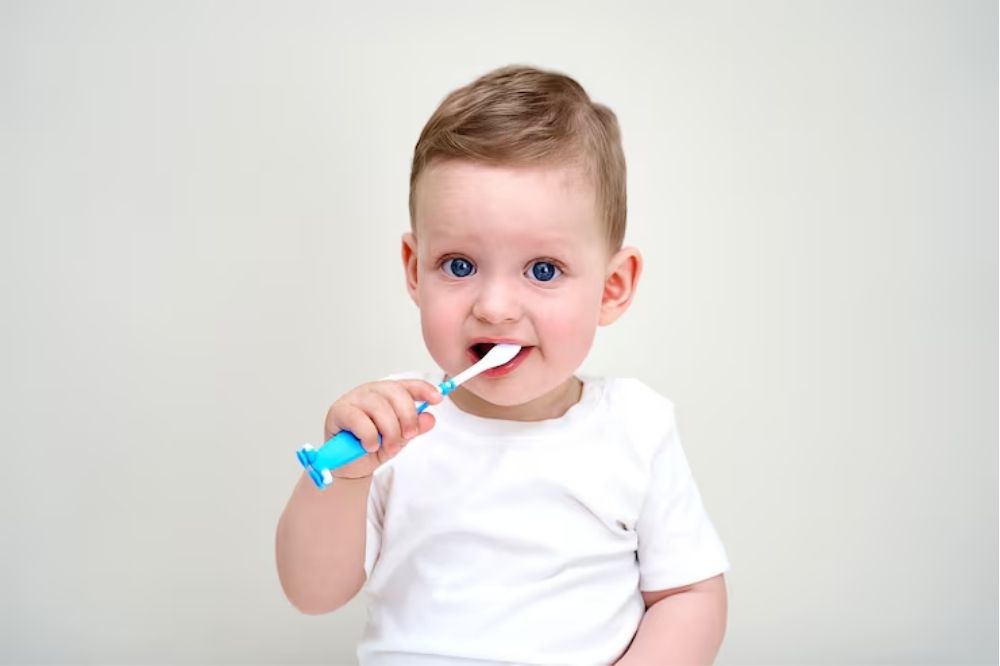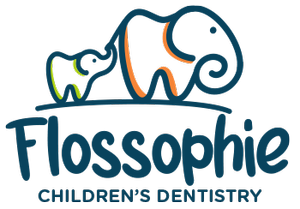
Early bottle-feeding habits can affect your child’s dental future. Feeding habits can play a big part in your baby’s oral health, from tooth decay to jaw development.
Bottle feeding is a normal part of babies’ lives, but it should be done in moderation to prevent dental problems later in life.
Parents seeking advice frequently speak with professionals in Infant Dentistry in Duluth to understand how to protect their child’s smile right from the start.
Why Early Dental Visits Matter
Baby teeth are tiny but can be easily harmed the moment they erupt. Pediatric dentists are trained to track development, look for risks, and partner with caregivers to provide education and help.
Here’s how a dental visit can help provide essential monitoring:
- Track tooth and jaw development
- Detect and prevent early decay
- Offer feeding and cleaning advice
- Monitor thumb sucking or pacifier use
A pediatric dentist near you can help your child begin their lifelong journey to dental health.
How Does Bottle Feeding Lead to Tooth Decay?
“Baby bottle tooth decay” describes tooth decay that is caused by using a bottle. It usually happens when babies fall asleep with a bottle or repeatedly sip sugary drinks, which exposes teeth to constant sugar and acid, which can damage the enamel.
Signs of baby bottle tooth decay include:
- White or brown spots on the teeth
- Pain or sensitivity
- Swollen gums
- Early tooth loss
This concern is strongly related to milk bottle and baby tooth decay. To reduce the risk:
- Don’t let your baby sleep with a bottle
- Avoid sugary drinks in bottles
- Clean your gums and teeth twice a day
- Encourage water between meals
What is the Impact of Bottle Feeding on Jaw and Face Development
Feeding isn’t just about nutrition; it also shapes oral muscles and facial bones. Long-term bottle use can affect how a child’s face and jaw grow.
Problems linked to facial growth in children may include:
- Narrow jaw
- Crooked teeth
- Misaligned bite
- Breathing issues
Healthy development tips:
- Hold your baby upright during feeding
- Alternate feeding positions
- Encourage solid foods and cup use by age one
Small changes can support proper bone growth and reduce orthodontic needs later.
What are the Long-Term Dental Health Risks
Prolonged bottle feeding influences more than just baby teeth. It can set patterns that carry into childhood and even adulthood.
When considering bottle feeding and dental health, look at these long-term risks:
- Delayed speech development
- Increased cavity risk
- Improper bite
- Poor chewing habits
Comparing good vs. poor bottle-feeding habits:
| Healthy Feeding Practices | Habits That May Cause Harm |
| Bottle only during meals | Bottle as a pacifier or comfort |
| Cleaning teeth after feeding | Letting milk stay on teeth |
| Transitioning to sippy cups early | Extended bottle use past age 2 |
Protect Your Baby’s Smile from the Start
Bottle feeding plays a big role in your baby’s health, but how you use the bottle matters just as much. Healthy feeding habits, early cleanings, and timely dental visits can make all the difference in preventing decay and supporting proper development.
Flossophie Children’s Dentistry provides expert care tailored to your child’s earliest dental needs. Book an appointment today and learn how to support a strong, healthy smile from day one.
FAQs: Understanding the Risks of Bottle Feeding
- When should my baby see a dentist?
By the time your baby turns one, or when the first tooth appears, whichever comes first.
- Can milk really cause tooth decay?
Yes, milk contains natural sugars. When it sits on teeth, especially overnight, it can lead to decay if not cleaned properly.
- When should I stop using a bottle?
Most dental experts recommend weaning off the bottle between 12 and 18 months.
- Is thumb sucking worse than bottle feeding?
Both can affect facial growth and tooth alignment if continued for too long. A pediatric dentist can help manage these habits.
